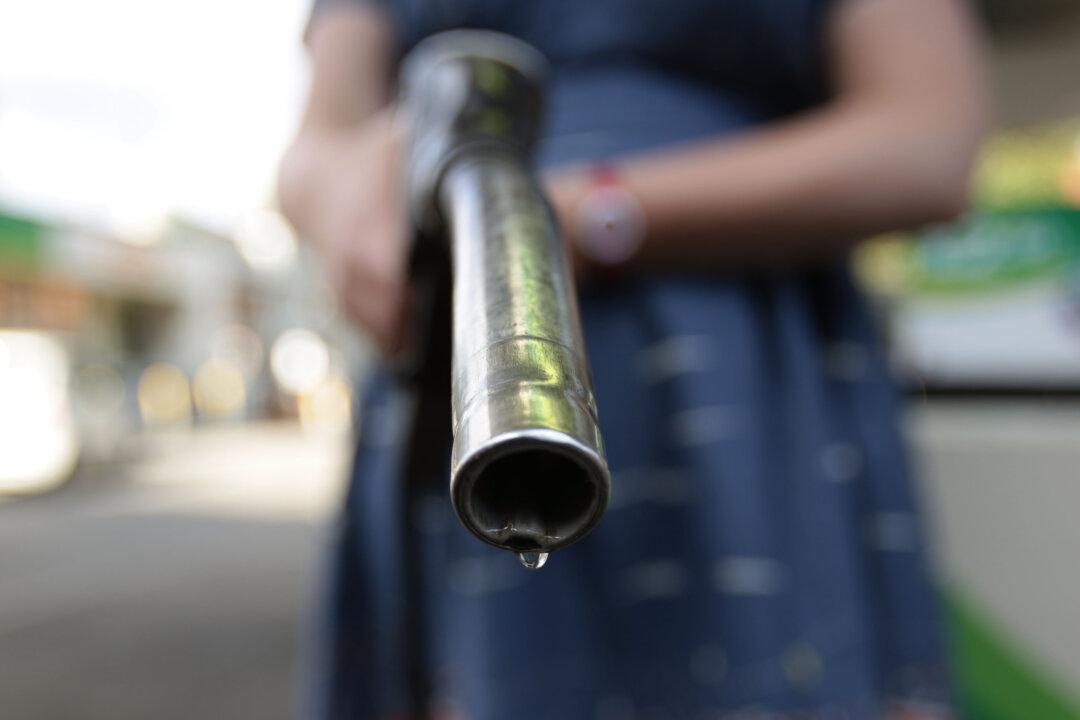Gasoline prices in the UK and the EU have risen to new highs as the Russia-Ukraine crisis continues to hit oil prices, threatening to further push up heating bills in Europe.
Most Five Eyes countries, several European nations, and Japan on Feb. 22 hit Russia with new sanctions for ordering troops into two separatist regions of Donetsk and Lugansk in eastern Ukraine.





